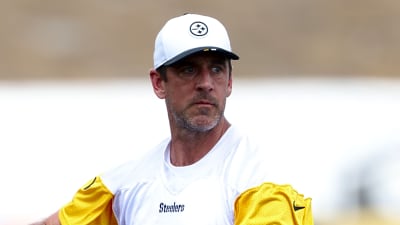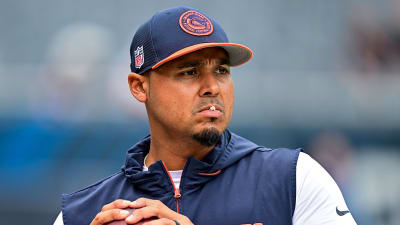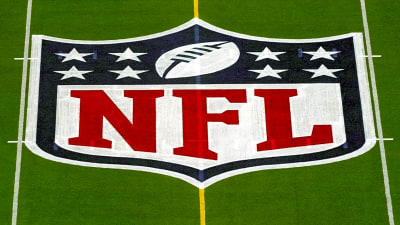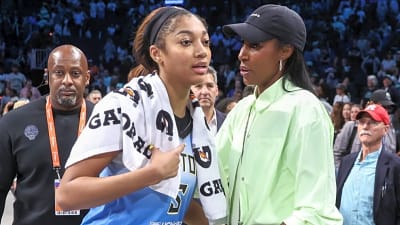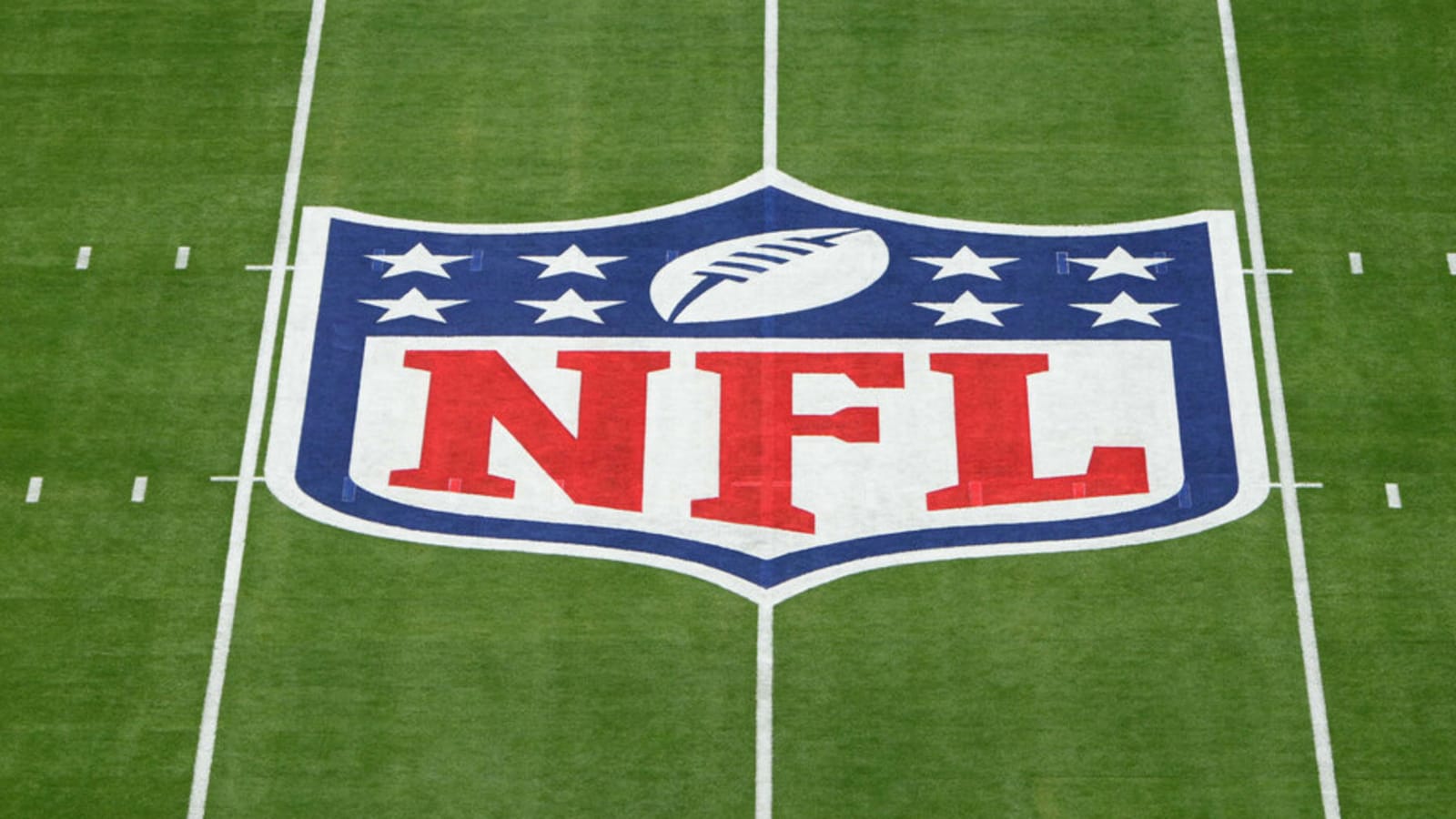
What are the long-term effects of the historic Sunday Ticket verdict against the NFL?
A jury Thursday found the NFL liable in an antitrust trial, ordering the league to pay $4.7B in damages related to the price-fixing of its Sunday Ticket package.
The trickle-down effect could have potential positives and negatives — here are a few of them.
A federal judge has ordered the @NFL to pay $4.7 billion in residential class damages and $96 million in commercial class damages to fans and bars, respectively, in the Sunday Ticket case.
— Albert Breer (@AlbertBreer) June 27, 2024
In the statement below, the league says it will appeal the decision. pic.twitter.com/Rbc76kDAr8
First, here's the good news. The price of NFL Sunday Ticket will probably drop, and the verdict may be the first step toward specific team plans, which fans have clamored for, well, forever.
The Sunday Ticket plan costs $349 and promises subscribers access to out-of-market games. However, without a separate plan, home-market and nationally televised games are blacked out, often leaving consumers to pay an inflated price for dozens of games they don't want while forcing them to find other means to watch games they're interested in seeing.
The NFL is up against the wall but could wiggle out of the sticky predicament. U.S. District Judge Philip Gutierrez shared a negative view of the plaintiff's case, calling it "gobbledygook," and wields the power to rule in favor of the defense.
Regardless of whether the verdict stands, the damage may be enough to compel the NFL to reconsider the price and flexibility options for Sunday Ticket moving forward. This could lead to adopting a plan in the $70 range, similar to the one ESPN reportedly pitched, which the league rejected.
Now, onto the possible negatives. The NFL will fight as if its future depends upon it because, in a way, it might.
Media deals are the league's cash cow, bringing in over $10B annually. If the verdict stands, it could deal the NFL a massive financial blow in more ways than one.
Under federal antitrust laws, the damages could be tripled, and the ruling could further open the door for teams to control their media rights. Of course, that would take even more profit from the NFL's pockets.
During the trial, the NFL supplied evidence to prove a verdict against it would cost teams $62.5M a year, ultimately leading to dire consequences. The league argued it would disrupt salary cap figures and thus competitive balance, creating a world where the rich (popular teams) would get richer, and the poor (not-so-popular teams) would stay that way.
While the NFL paints a potential doomsday scenario that could threaten the league, this likely comes down to money, as it usually does. This means the league will presumably take this dispute to the Supreme Court if necessary, as Andrew Brandt implied, and it certainly has the arsenal to do so.
The verdict handed down on Wednesday is from a class-action lawsuit filed in 2015, and the end of the rabbit hole is no closer. Chances are this is only the start of a more prolonged battle, which may not come with a big payoff at the end but could inspire substantial change in how NFL fans can consume the product.
More must-reads:
- NFL ordered to pay $4.7 billion in damages in 'Sunday Ticket' lawsuit
- NFL responds after sustaining big loss in 'Sunday Ticket' case
- The 'NFL all-time touchdown receptions leaders' quiz
Breaking News
Trending News
Customize Your Newsletter
 +
+
Get the latest news and rumors, customized to your favorite sports and teams. Emailed daily. Always free!
